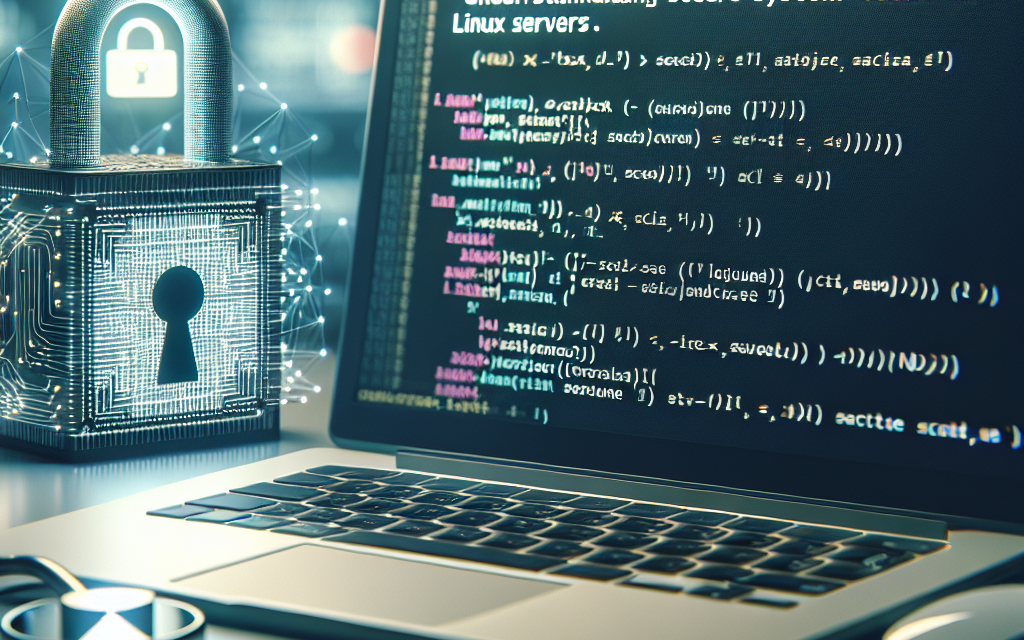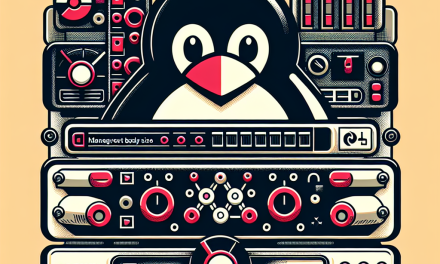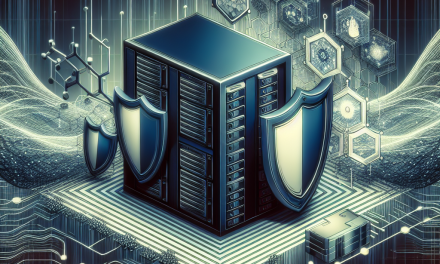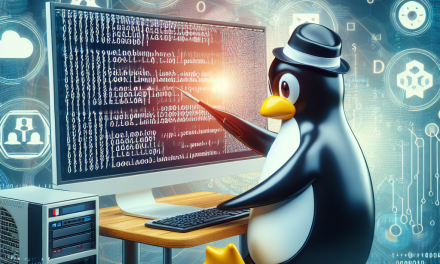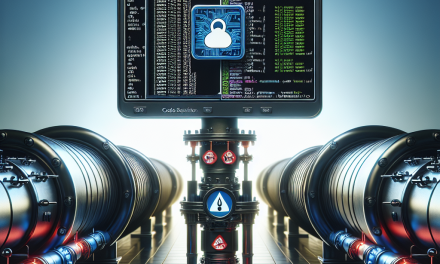In the realm of Linux server management, security is a paramount concern. With the increasing threats posed by cyberattacks, understanding system calls — the essential interface between user space and kernel space — is critical for maintaining a secure environment. In this article, we will explore the concept of secure system calls, their importance, and best practices for ensuring that your Linux server operates securely.
What Are System Calls?
System calls are special functions provided by the operating system for user-space applications to interact with the kernel. They serve as the bridge for requesting services such as file I/O operations, process control, memory allocation, and more. In Linux, common system calls include read(), write(), open(), close(), and fork().
Each time a system call is made, control is transferred from user mode to kernel mode, which is a sensitive operation. Because of this transfer, poorly implemented or exploited system calls can lead to vulnerabilities like privilege escalation and unauthorized access to resources.
The Need for Secure System Calls
-
Risk of Vulnerabilities: The vast majority of security vulnerabilities in Linux systems stem from improper handling of system calls. Attackers often exploit bugs in system calls to execute arbitrary code, thereby gaining access to sensitive information or system functionalities.
-
Limitations of Permissions: Even users with lower privileges can attempt to invoke system calls. If these calls are not properly secured, they can inadvertently grant unauthorized access to resources.
- Buffer Overflows: System calls that process user inputs without proper validation may allow for buffer overflow attacks, which can lead to arbitrary code execution and data corruption.
Secure Coding Practices for System Calls
To mitigate the risks associated with system calls, developers should implement secure coding practices:
-
Input Validation: Always validate input sizes and types before passing them to system calls. This includes checking the length of strings, validating integer values, and ensuring pointers are legitimate.
-
Principle of Least Privilege: Limit the permissions of users and applications to only what is necessary for their function. This minimizes the impact of a compromised account.
-
Use Secure APIs: Opt for safer alternatives when available. For example, consider using
snprintf()instead ofsprintf(), as the former can help prevent buffer overflow vulnerabilities. -
Error Handling: Incorporate robust error-checking mechanisms for all system calls. Properly handle failed system calls to mitigate the risk of undefined behavior.
-
Avoid Race Conditions: Be aware of potential race conditions when using system calls in multi-threaded applications. Implement locks or other synchronization techniques to ensure data integrity.
- Auditing and Logging: Implement logging mechanisms for system calls that can help in auditing and detecting suspicious activities. Tools like
auditdcan monitor system calls and alert administrators to potential security issues.
Advanced Mechanisms for System Call Security
Beyond basic coding practices, Linux provides advanced mechanisms to enhance system call security:
-
Seccomp (Secure Computing Mode): This feature allows processes to restrict the set of system calls they can make. By setting a filter, administrators can block unwanted calls, thereby reducing the attack surface.
-
Capabilities: Linux capabilities can break down the root privileges into finer permissions. Rather than giving full superuser access, assign only the minimal privileges necessary for the task.
-
Namespaces and Containers: Utilizing Linux namespaces can create isolated environments, preventing applications from interfering with each other and securing system calls at a granular level.
- SELinux and AppArmor: These security modules add an extra layer of security by defining security policies that enforce restrictions on system calls, preventing unauthorized access and modifications.
Conclusion
Understanding and implementing secure system calls is crucial for maintaining the integrity and security of Linux servers. By following best practices, employing advanced security mechanisms, and staying informed about emerging threats, system administrators can significantly reduce the risks associated with system calls.
As the landscape of cybersecurity continues to evolve, constant vigilance and adaptation are necessary. Consider conducting regular security audits and embrace a culture of proactive security within your organization.
In today’s interconnected world, the security of our systems is not just the responsibility of developers; it requires collective effort from all stakeholders involved in the management of Linux servers. Be informed, be proactive, and ensure the security of your Linux system through secure system calls.
For more insights on Linux server management and security practices, keep an eye on WafaTech Blog. Together, we can build a more secure digital world!

